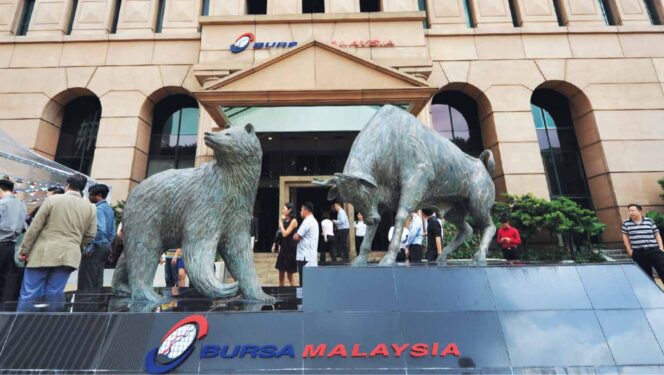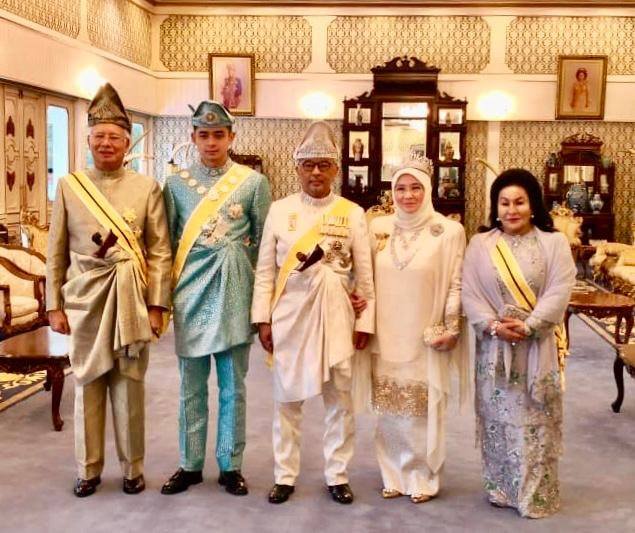ASIAN employees are seeking flexible working arrangement and overall wellbeing as in the new era of the working world.
In a report by recruitment agency Hays, entitled Uncovering the DNA of the Future Workplace in Asia, respondents have relegated salary and benefits, adding they prefer to work for an organisation that value their wellbeing not only in terms of flexibility, but also a sense of purpose and connection to their role.
“In Malaysia, the results are mirrored with flexible working options emerging as a top priority for professionals when seeking a new employer in the post-pandemic future, and employee wellbeing as the definition of purpose in the new era,” the report said.
The report was published after a survey of over 9,000 working professionals across Asia, done in February and September last year.
On flexible working arrangement, 85% of Malaysia respondents favoured it as a top priority post COVID-19 era.
“A further 81% said flexible working hours is important and 60% of them said structured working hours was less appealing to them.
Employers dragging their feet
“While employers have ramped up their remote working offerings from pre-pandemic (31%) to now (54%), results show only a moderate increase in the number of employers who offered flexible hours pre-pandemic (47%) and now (51%). The latter is the lowest score in Asia after Singapore (49%),” it said.
On employee wellbeing, Hays said that 94% of Malaysian respondents wanted their role to mean something, with 78% saying that they wanted to be “part of an organisation that values employee wellbeing”.
In addition, 72% of the respondents wanted “opportunities to use specialised skills that are unique to them” and “being recognised and rewarded for contributions” at 66%.
However, Hays noted that Malaysian employers have much room for improvement on the said matters, with only 41% of respondents saying they are part of an organisation that values their wellbeing.
“Similarly, when it comes to being recognised and rewarded, Malaysia’s organisations scored the lowest in Asia, after Singapore (42%).
“While more organisations in Malaysia offer opportunities for workers to use specialised skillsets that are unique to them (40%) than other countries, this still makes for less than half of the total,” it added.
On related matter, Hays Malaysia said with the pandemic accelerating digitalisation in the economy, Malaysian workers find it tough to imagine a workplace which does not offer flexible working hours, if not remote working entirely.
“The rising sentiment in favour of employee wellbeing is tied to flexibility, an important aspect of work-life balance, and is unlikely to dissipate in an increasingly volatile world.
“A workplace of the future will recognise that employee wellbeing not only inspires purpose, but also protects its most important resources for progress and change – its people,” said its managing director Tom Osborne. – Jan 19, 2021.










